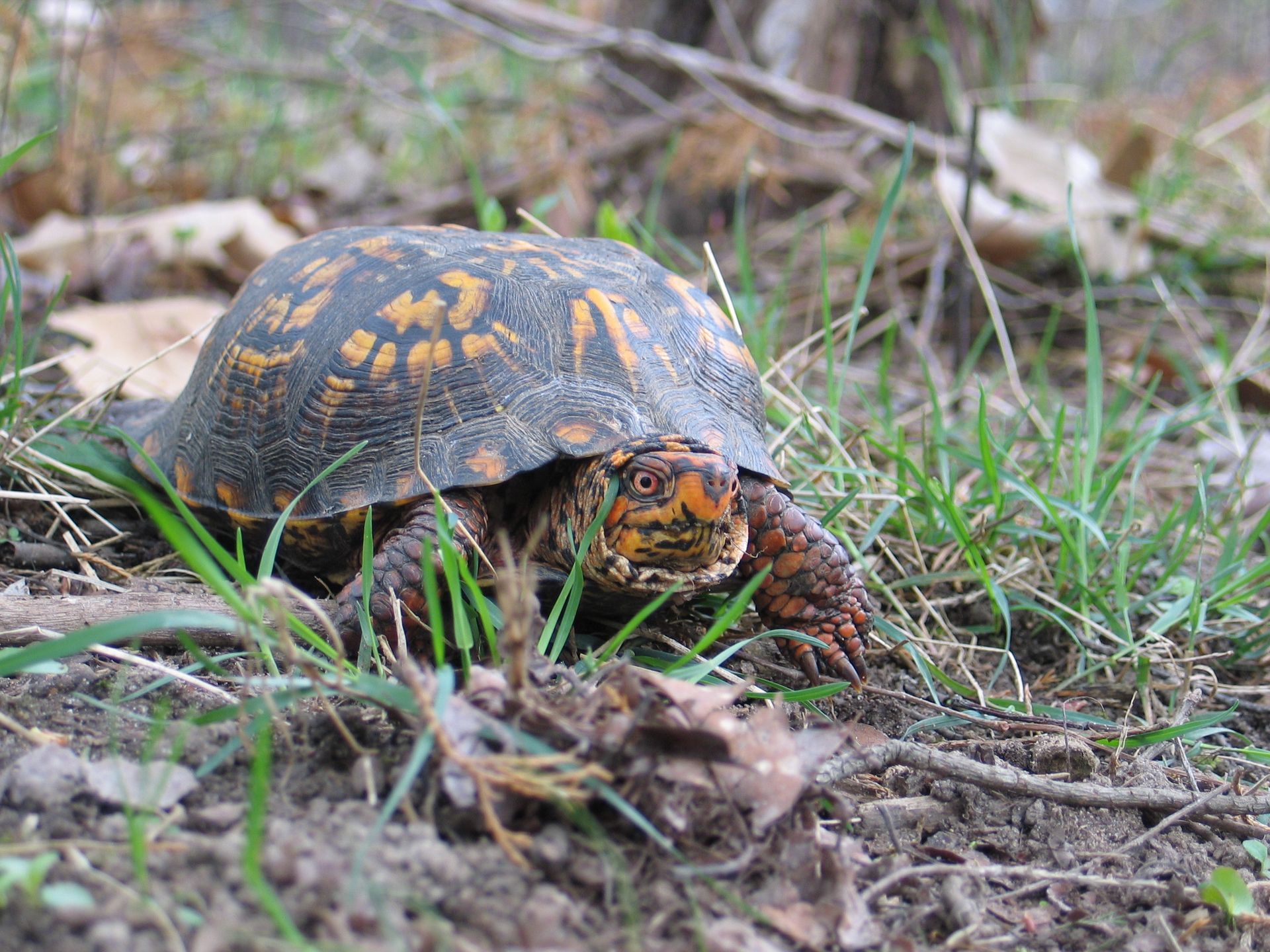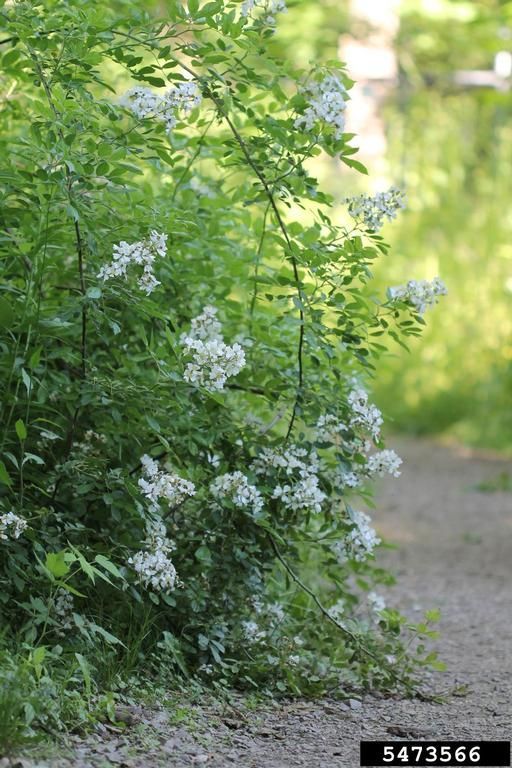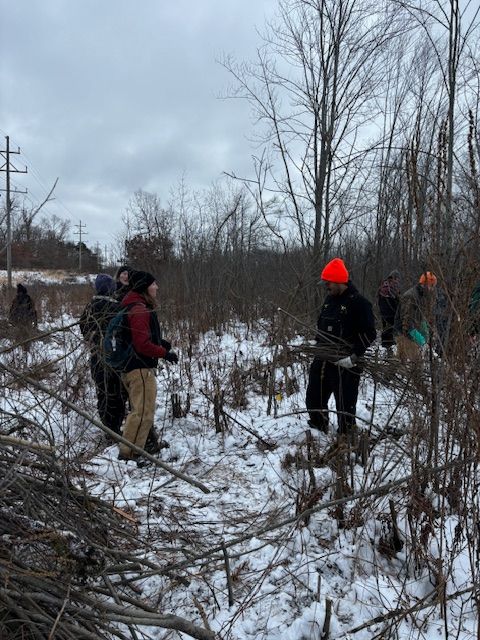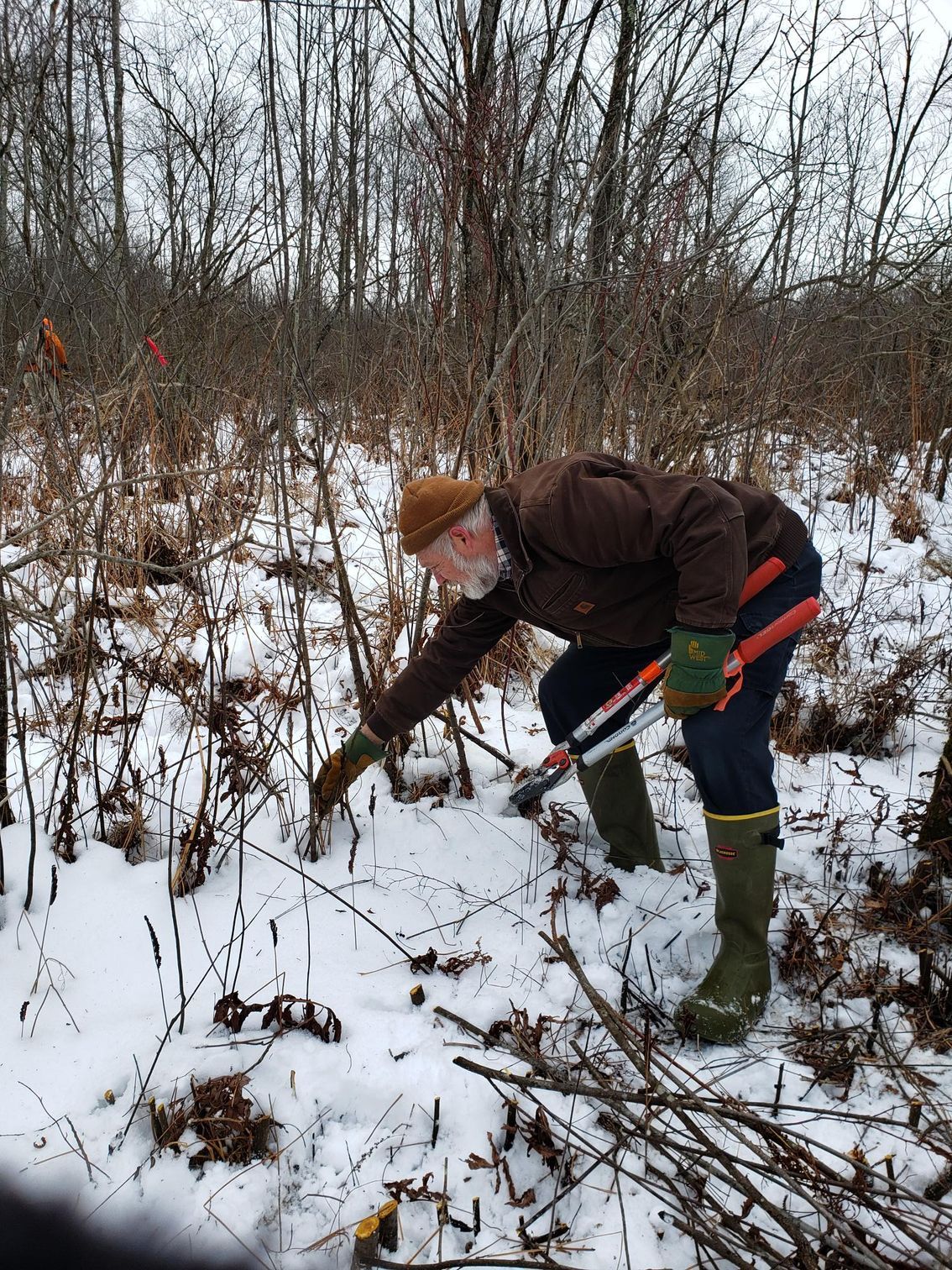On the Ground: Stewardship Day at Gourdneck State Game Area
On Saturday, January 18, 2025, MUCC’s On the Ground program partnered with the City of Portage Parks and Recreation and the Michigan Department of Natural Resources (DNR) to host a stewardship day at Gourdneck State Game Area in Kalamazoo County. This area was established in 1941 and is known as the state’s first urban state game area. Surrounded by the metropolitan area of Portage, Gourdneck offers many opportunities for hunters and outdoor enthusiasts alike in a unique setting.
Volunteers Remove Invasive Vegetation
During this stewardship day, volunteers removed invasive woody vegetation that was encroaching on a wetland/fen within the state game area. Volunteers used loppers and handsaws to remove glossy buckthorn and other invasives and created small brush piles surrounding the wetland/fen area. Additionally, DNR staff applied herbicide after volunteers were finished cutting to ensure these invasive species would not grow back in the future. Volunteers also spent time with DNR staff on plant identification of glossy buckthorn and other native species found in the area to help minimize negative impacts. In total, volunteers improved approximately 1 acre of wildlife habitat directly through this project.
Why is it Important?
Removing invasive species like glossy buckthorn is important because these plants can quickly overtake an area and degrade important wildlife habitat. Glossy buckthorn in particular grows rapidly and crowds out native plants, which are important food and cover sources for wildlife. It is also a host for several diseases including alfalfa mosaic virus and crown fungus.
Wetland/fen habitats are especially important because they are home to some of Michigan’s most threatened and endangered species. Common species found in these areas include the eastern massasauga rattlesnake and the eastern box turtle, both of which have been confirmed in Gourdneck State Game Area by the Michigan DNR. These habitats also hold many other rare plant and animal species like willow aster, Mitchell’s satyr, and the spotted turtle.

Learn More
Want to participate in more invasive species removal projects? Visit our website for more information and a list of upcoming events. We work to conserve and enhance public lands by hosting volunteer workdays throughout the state geared toward habitat improvement. Common habitat projects include invasive species removal, wood duck boxes, river cleanups, tree plantings, and more. All ages are welcome, so bring a friend or two if you’d like! Registration details and more can be found on our website at mucc.org/on-the-ground.
Recent Posts





